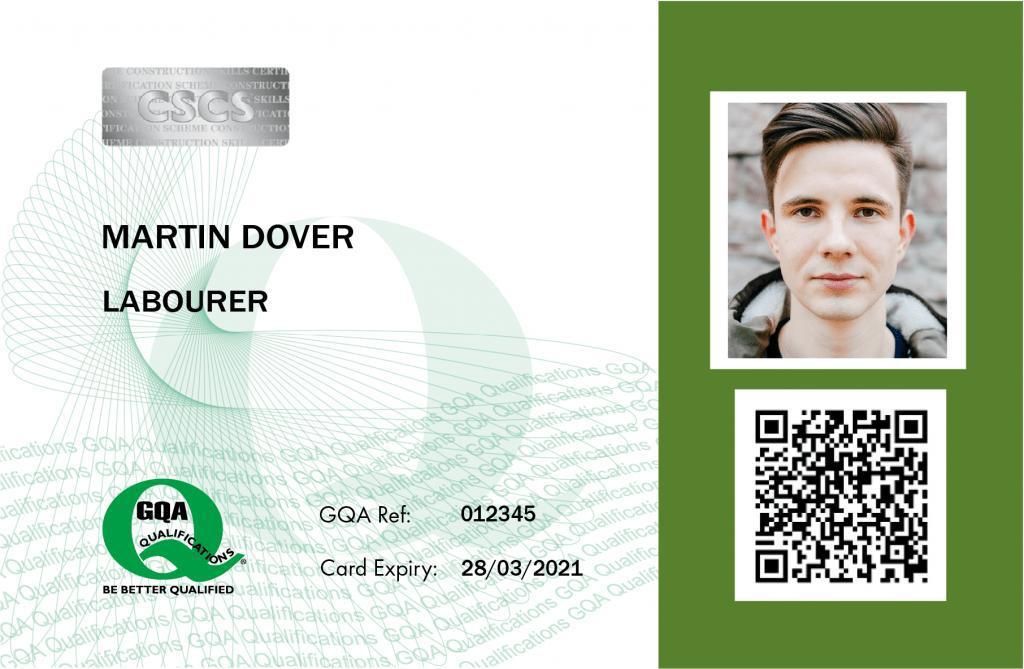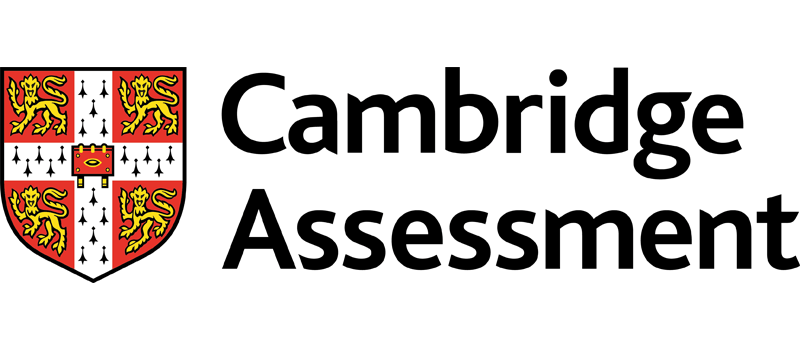
Water Treatment Plants - Planning and Design
Course ID: 2509290101311EGI
Course Dates : 29/09/25 Course Duration : 5 Studying Day/s Course Location: London, UK
Language: Bilingual
Course Category: Professional and CPD Training Programs
Course Subcategories: Operations and Process Excellence
Course Certified By: * Projacs Academy
* Professional Training and CPD Programs
Certification Will Be Issued From :
KSA
Course Fees: £4,838.34
Vat Not Included in the price. VAT may vary depending on the country where the course or workshop is held.
Click to Pay
Date has passed please contact us Sales@e-s-hub.com
Course Information
Introduction
The demand for clean, safe, and sustainable water resources has become a cornerstone of modern infrastructure development. As urbanization accelerates and industrial activities expand, the role of water treatment plants in safeguarding public health and environmental integrity cannot be overstated. These facilities are not only critical for ensuring potable water supply but also for managing wastewater and mitigating pollution risks. This course delves into the intricate processes of planning and designing water treatment plants, equipping participants with the knowledge and tools necessary to address one of the most pressing global challenges of our time.
Water scarcity, population growth, and climate change have compounded the complexities surrounding water resource management. Engineers, planners, and policymakers face mounting pressure to design systems that balance efficiency, cost-effectiveness, and sustainability. For instance, the 2018 Cape Town water crisis highlighted the dire consequences of inadequate water infrastructure planning, prompting urgent calls for innovative solutions. By exploring real-world examples such as this, the course underscores the importance of integrating cutting-edge technologies and sustainable practices into water treatment plant design.
Despite advancements in water treatment technologies, significant gaps persist in the industry’s ability to implement effective planning frameworks. Many professionals lack access to comprehensive training programs that bridge theoretical knowledge with practical application. This course addresses these gaps by providing a structured curriculum that aligns with established engineering principles, such as the Multiple Barrier Approach and Life Cycle Assessment methodologies. Participants will gain insights into how these frameworks can enhance system resilience and operational efficiency.
The benefits of mastering the content extend beyond individual career advancement. Organizations that invest in upskilling their workforce can expect improved project outcomes, reduced operational costs, and enhanced compliance with regulatory standards. For example, municipalities that adopt optimized water treatment designs often achieve significant energy savings and lower maintenance expenses. Moreover, professionals equipped with advanced skills can contribute to global initiatives like the United Nations’ Sustainable Development Goal 6 (Clean Water and Sanitation), positioning themselves as leaders in the field.
Through case studies and interactive sessions, participants will explore projects such as Singapore’s NEWater initiative, which exemplifies the successful integration of advanced membrane technologies and public-private partnerships. Such examples illustrate how innovative approaches can transform water-scarce regions into models of sustainability. The course also examines lessons learned from failed or underperforming projects, emphasizing the importance of thorough planning and stakeholder engagement.
By blending technical expertise with strategic foresight, this course empowers participants to tackle the multifaceted challenges of water treatment plant planning and design. Whether addressing aging infrastructure, navigating regulatory landscapes, or adopting green technologies, attendees will emerge with a robust skill set tailored to meet the evolving demands of the industry. This program is not merely an educational endeavor—it is an investment in the future of water resource management.
Objectives
By attending this course, participants will be able to:
Analyze the fundamental principles of water treatment processes and their applications in diverse contexts.
Evaluate site-specific factors influencing the design and operation of water treatment plants.
Design efficient and sustainable water treatment systems using industry-standard software and methodologies.
Implement strategies to ensure compliance with local, national, and international regulatory frameworks.
Apply risk assessment techniques to identify and mitigate potential vulnerabilities in water treatment infrastructure.
Develop cost-effective maintenance plans to optimize long-term performance and reliability.
Assess emerging trends and innovations in water treatment technologies to inform strategic decision-making.
Who Should Attend?
This course is ideal for:
Civil engineers, environmental engineers, and water resource specialists seeking to deepen their expertise in water treatment plant design.
Project managers and consultants involved in the development and execution of water infrastructure projects.
Regulatory officers and policymakers tasked with enforcing water quality standards and guidelines.
Facility operators and maintenance personnel aiming to enhance their understanding of plant operations.
Professionals across these roles will find immense value in the course, as it bridges the gap between theoretical knowledge and practical implementation. While prior experience in water treatment is beneficial, the course is structured to accommodate intermediate learners who possess foundational engineering or environmental science knowledge. Advanced practitioners will appreciate the focus on cutting-edge technologies and innovative strategies.
Training Method
• Pre-assessment
• Live group instruction
• Use of real-world examples, case studies and exercises
• Interactive participation and discussion
• Power point presentation, LCD and flip chart
• Group activities and tests
• Each participant receives a 7” Tablet containing a copy of the presentation, slides and handouts
• Post-assessment
Program Support
This program is supported by:
* Interactive discussions
* Role-play
* Case studies and highlight the techniques available to the participants.
Daily Agenda
The course agenda will be as follows:
• Technical Session 08.30-10.00 am
• Coffee Break 10.00-10.15 am
• Technical Session 10.15-12.15 noon
• Coffee Break 12.15-12.45 pm
• Technical Session 12.45-02.30 pm
• Course Ends 02.30 pm
Course Outlines
Fundamentals of Water Treatment Processes
Overview of water treatment principles and objectives.
Types of contaminants and their removal mechanisms.
Key stages in conventional water treatment systems.
Introduction to regulatory standards and compliance frameworks.
Day 2:
Site Analysis and Preliminary Design
Conducting hydrological and geotechnical assessments.
Evaluating environmental and community impacts.
Selecting appropriate treatment technologies based on site conditions.
Developing preliminary design concepts and feasibility studies.
Day 3:
Advanced Design Techniques and Tools
Utilizing CAD and modeling software for plant layout design.
Incorporating energy-efficient and sustainable practices.
Designing for scalability and future expansion.
Addressing challenges in retrofitting existing facilities.
Day 4:
Operational Considerations and Risk Management
Strategies for optimizing plant performance and efficiency.
Identifying and mitigating operational risks.
Developing emergency response plans for system failures.
Ensuring safety protocols for personnel and equipment.
Day 5:
Emerging Trends and Practical Applications
Exploring innovations in membrane filtration and desalination technologies.
Leveraging IoT and AI for smart water management.
Case study analysis: Lessons from successful and failed projects.
Group project presentations and peer feedback session.



















































